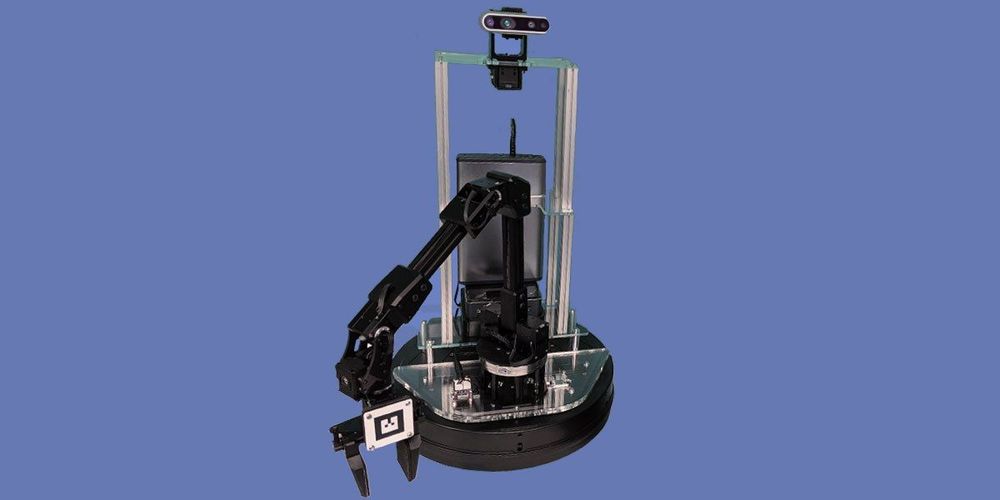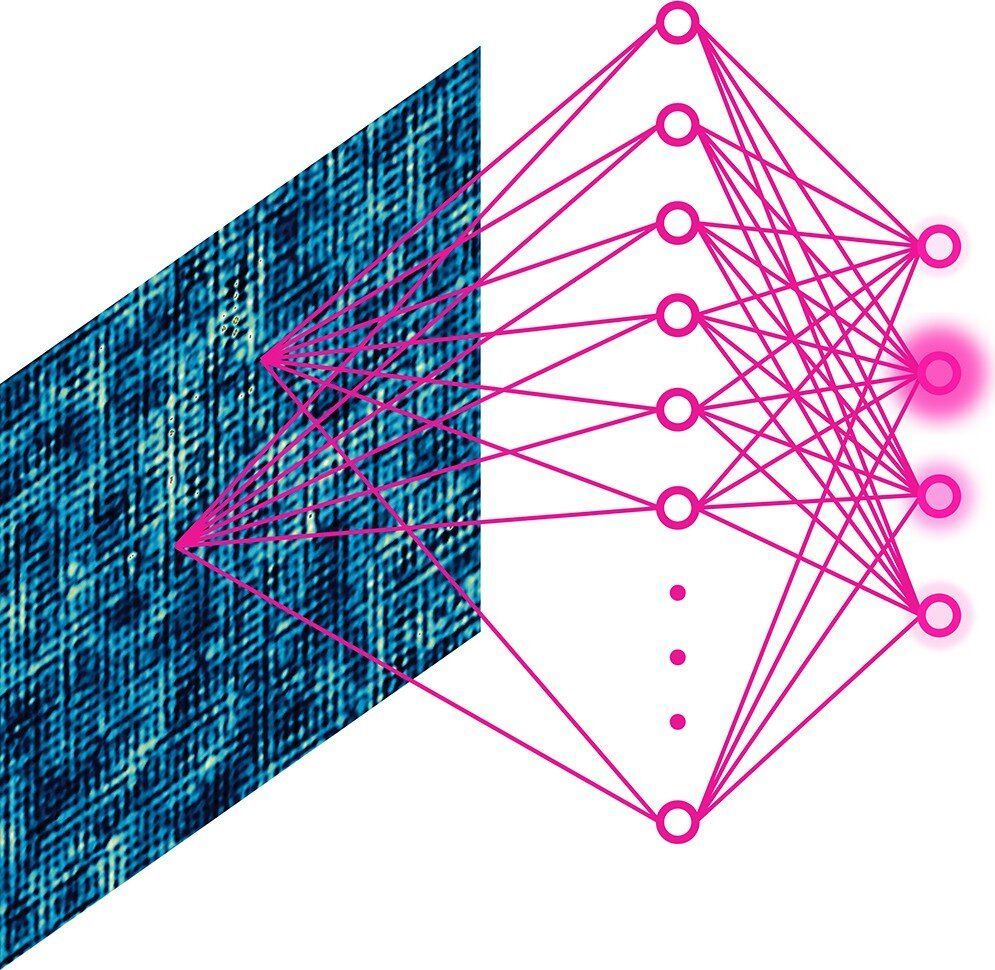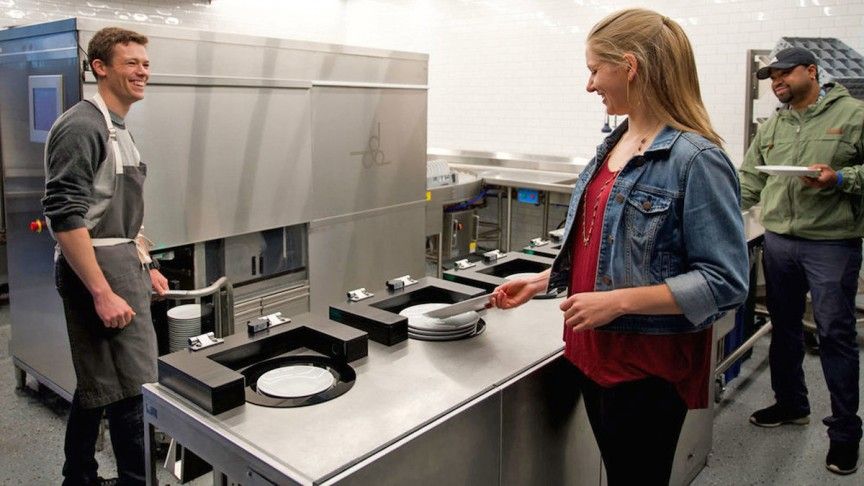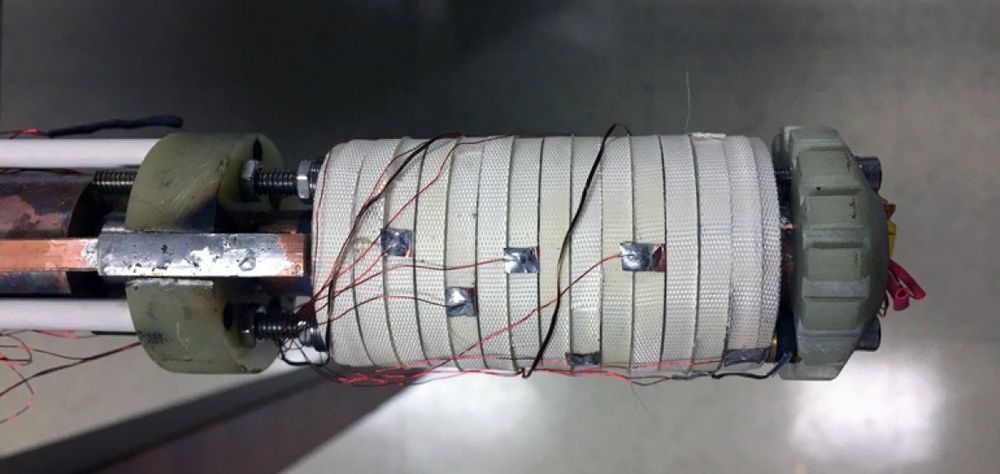Anyone who tells you the robot apocalypse is upon us—that the machines will not stop stealing our jobs, that they are gearing up to chase us through the streets while doing backflips and fighting off stick-wielding humans—has never tried to program a robot. It’s difficult to get a machine to do so much as move an arm, which requires the precise control and coordination of joint angles and torque.
The difficulty of programming robots is a problem that Facebook, of all companies, wants to fix. Today the social network continues its unlikely dive into robotics by open-sourcing a new robot framework, known as PyRobot, that could simplify the way researchers program their machines, and could even make it easier for non-robotics types to jump into the field. If programming robots has so far been something like wading through a command-line interface, PyRobot promises to be like gliding through the sleekness of macOS. At least, that’s the hope: Many others have tried and failed to do this kind of thing.





